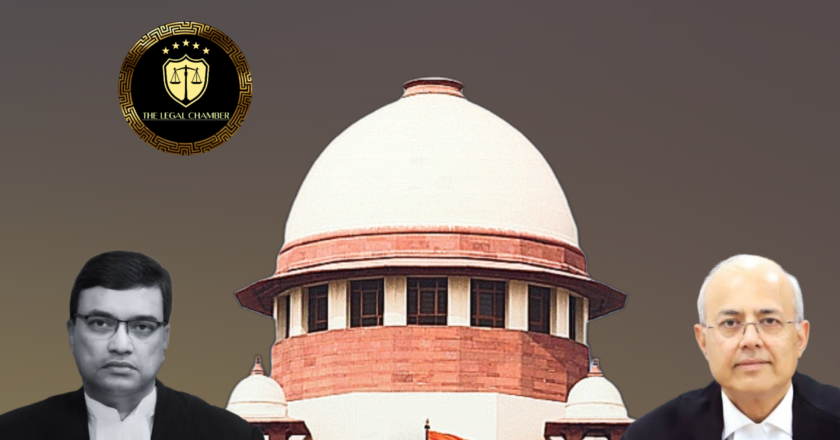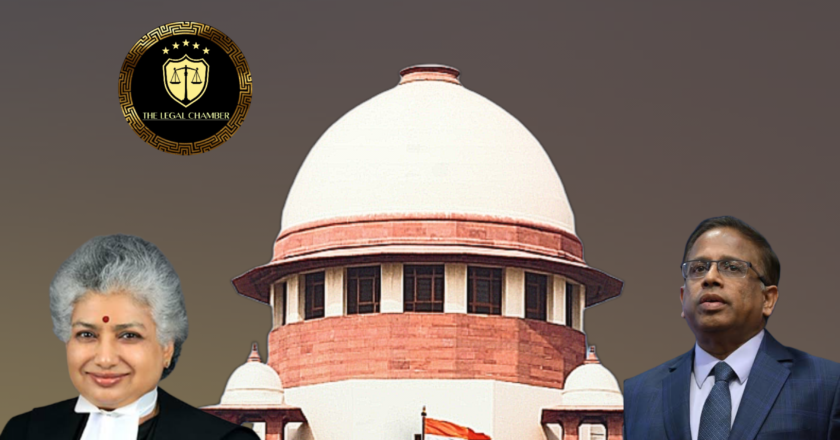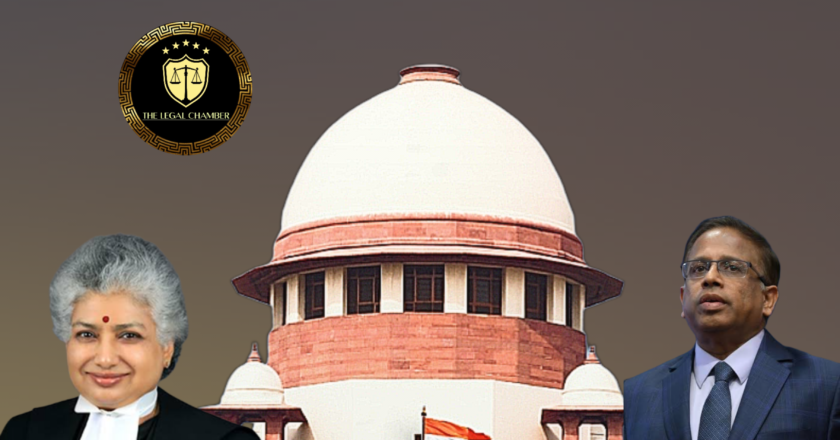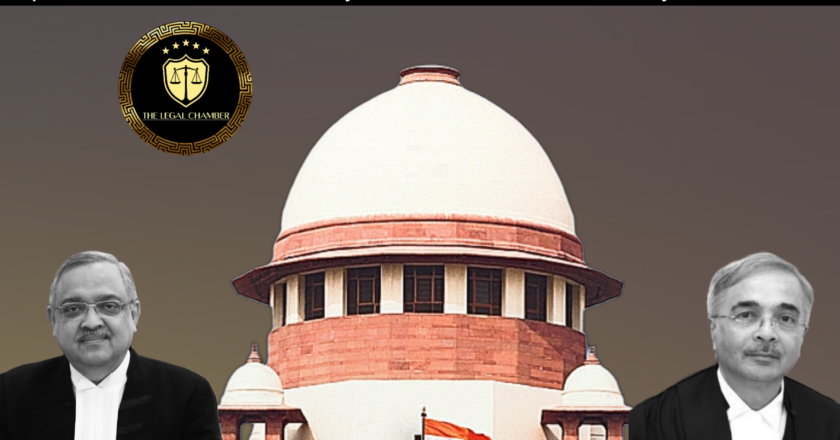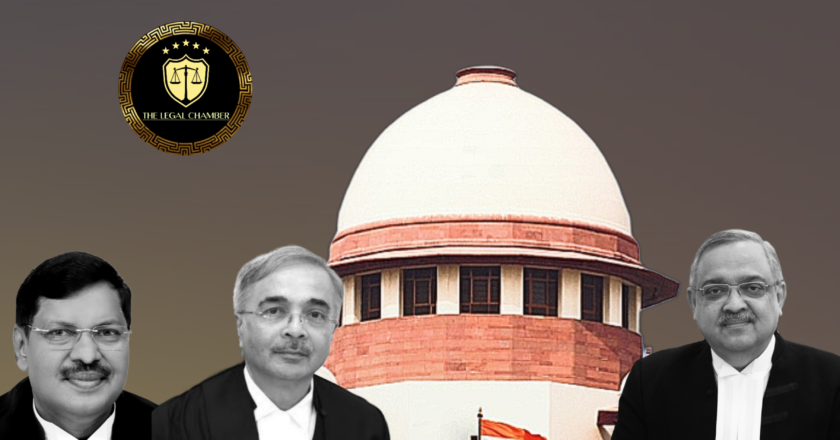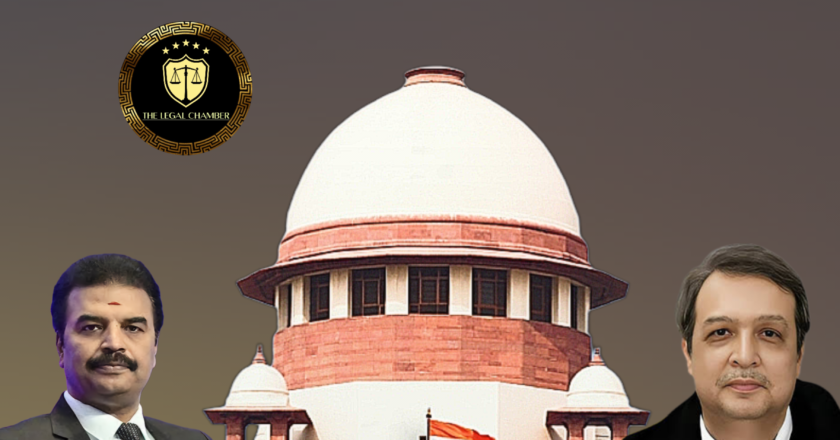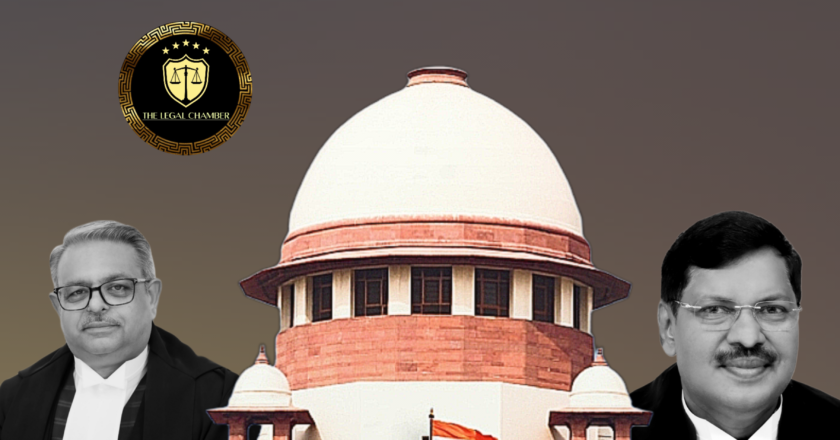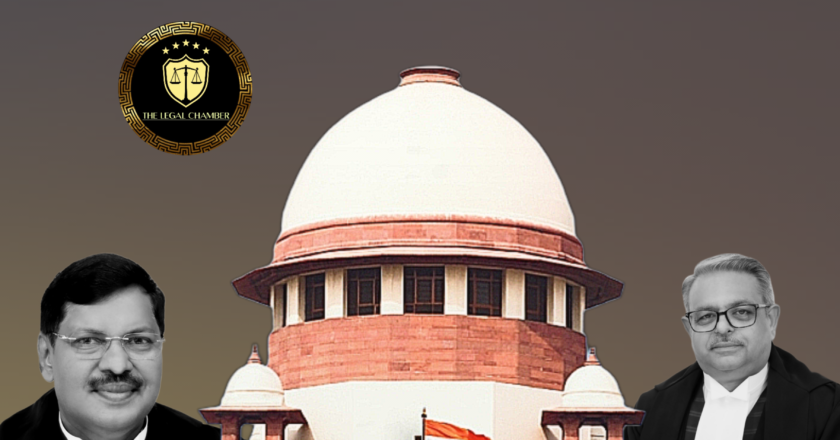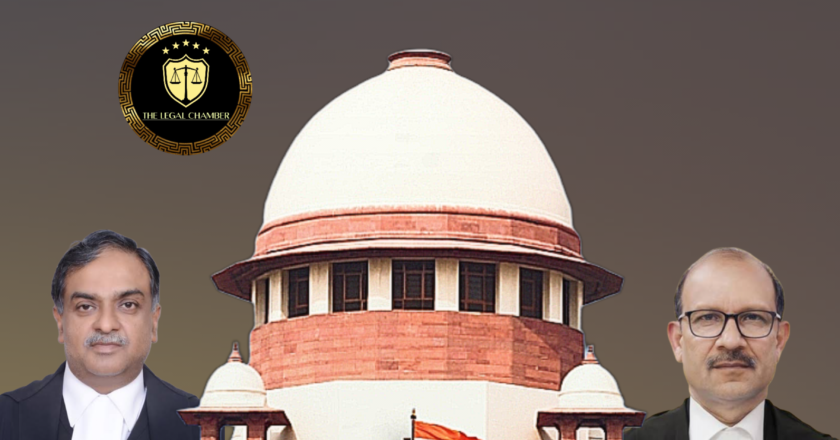Supreme Court: TET Mandatory for All Teachers, But RTE Act’s Application to Minority Schools Under Scrutiny
This Supreme Court judgment holds that the Teacher Eligibility Test (TET) is a mandatory qualification for the appointment and promotion of all teachers under the RTE Act. However, the Bench expressed doubts about the correctness of the precedent in Pramati which exempts all minority institutions from the RTE Act, and has referred this specific constitutional question for reconsideration by a larger bench.
Facts Of The Case:
This set of civil appeals originated from conflicting judgments of the Bombay and Madras High Courts concerning the applicability of the Right of Children to Free and Compulsory Education (RTE) Act, 2009, and specifically the Teacher Eligibility Test (TET), to minority educational institutions. The appellants included minority educational institutions, state authorit...
